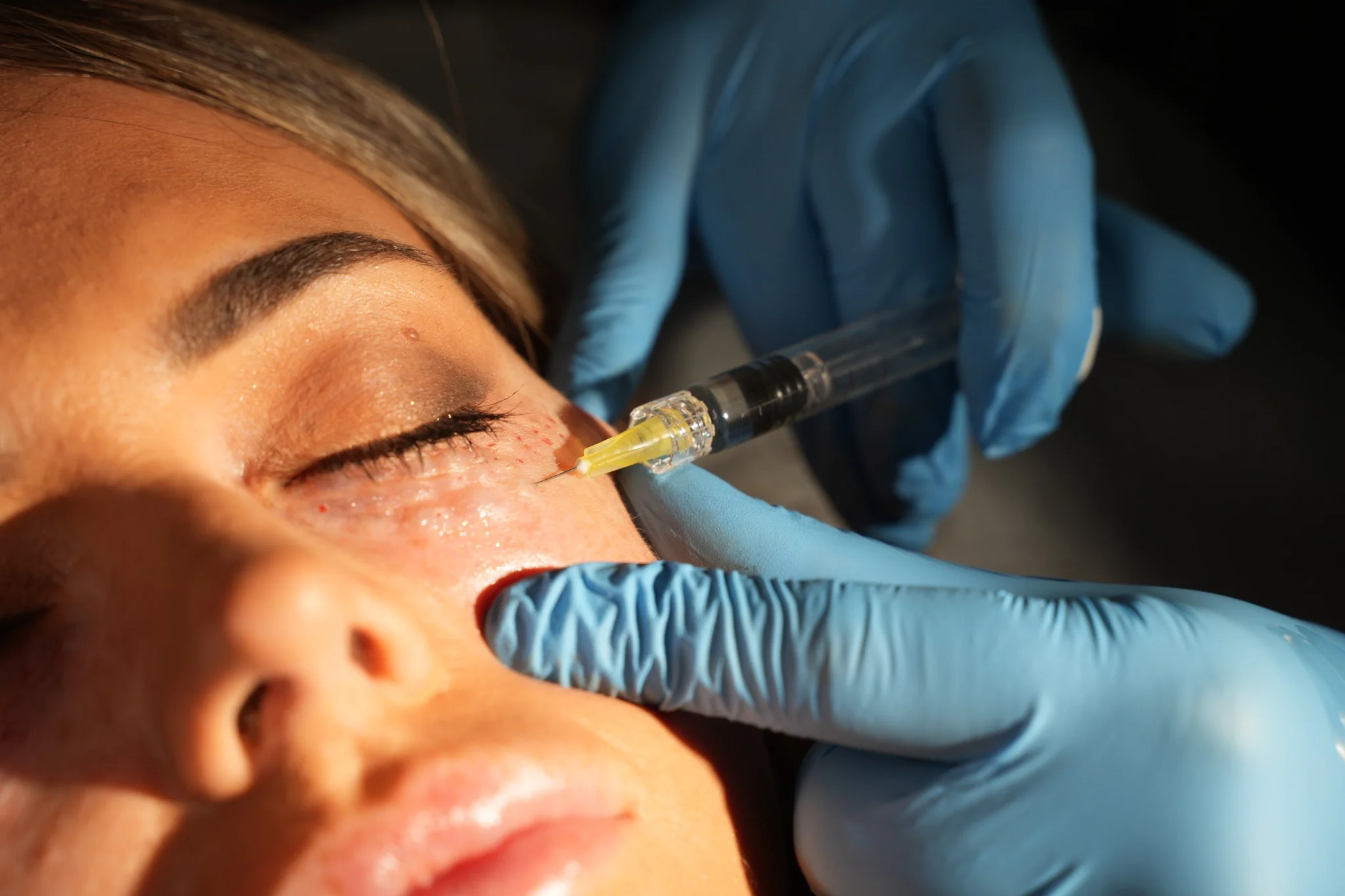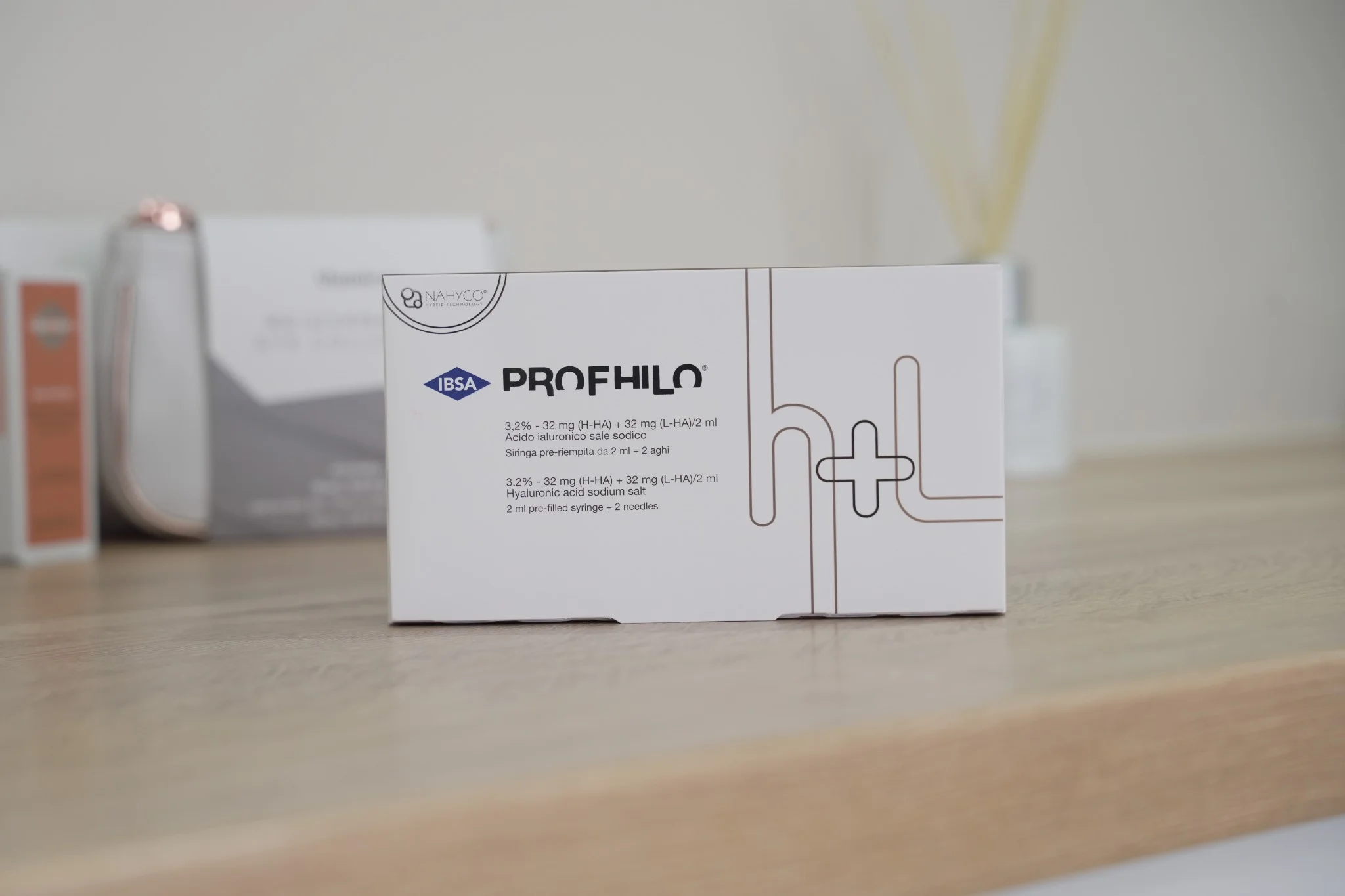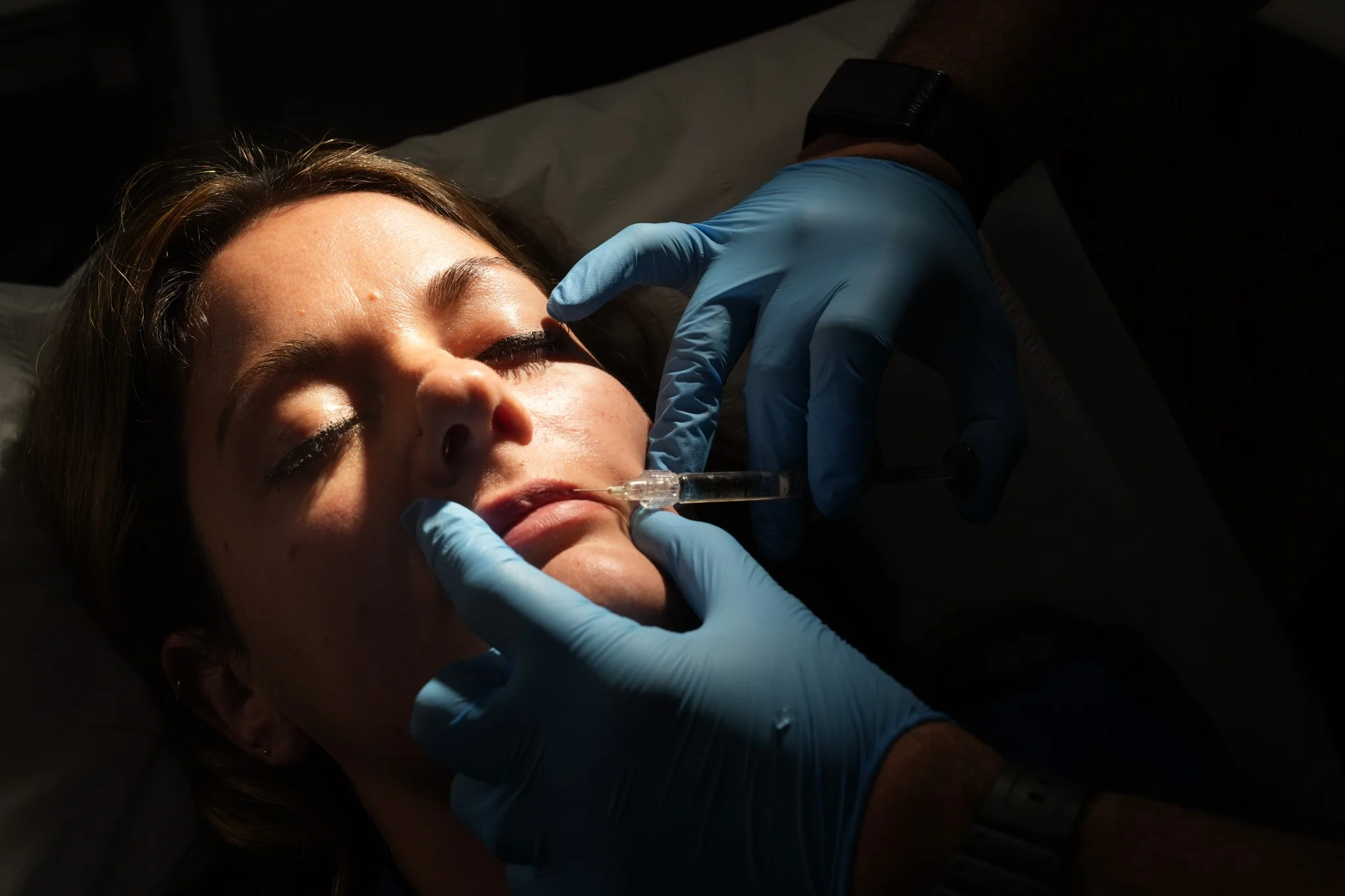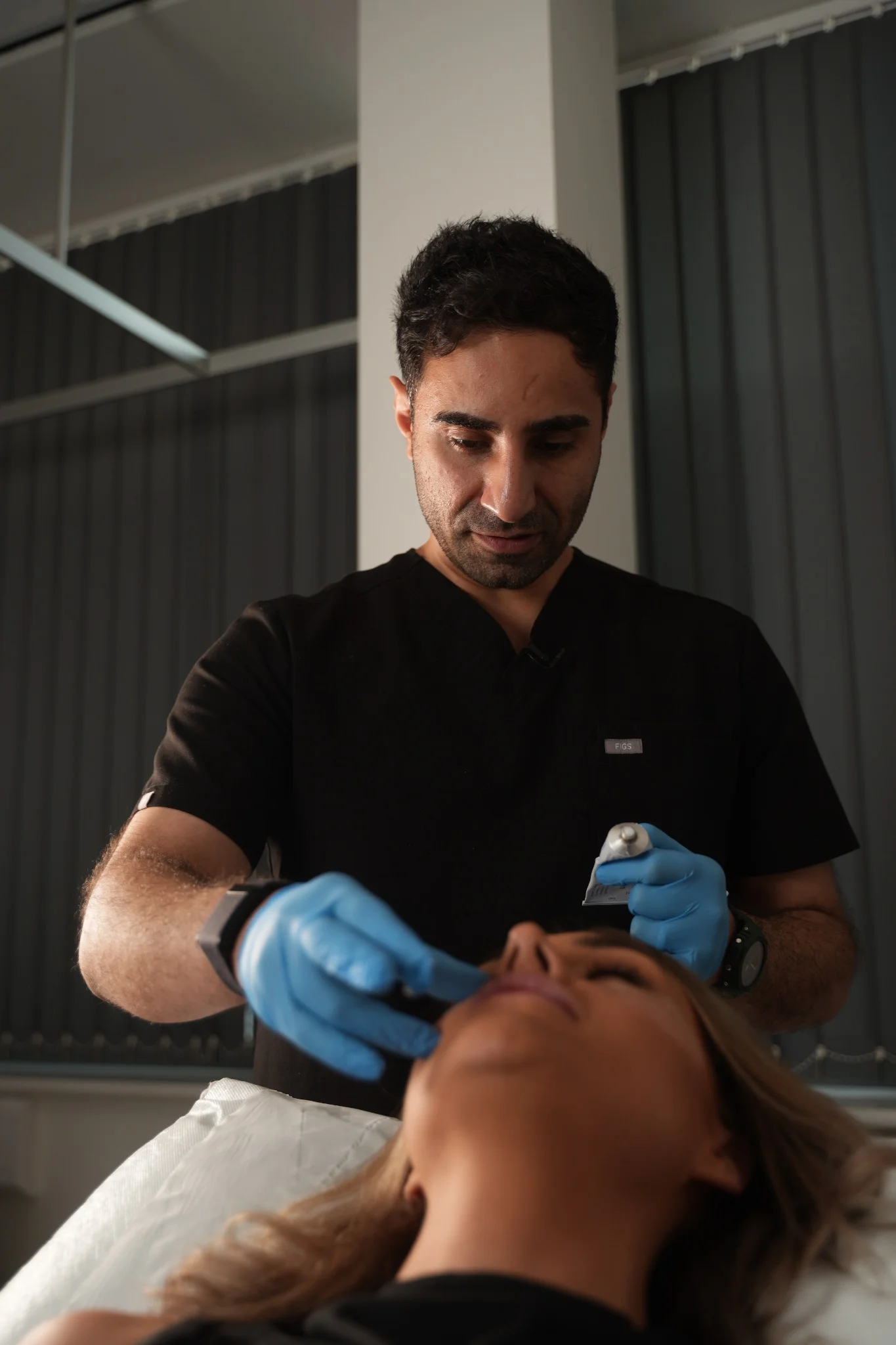11 collagen boosting foods backed by science
1. Fish
Oily fish such as salmon, trout, and mackerel are rich in omega-3 fatty acids, which strengthen the fatty membranes around skin cells and support the collagen structure beneath. Eating fish regularly helps maintain moisture and elasticity in the skin.
2. Chicken
Collagen supplements are often made from chicken bone and cartilage because poultry is naturally high in connective tissue. Including bone-in chicken, like thighs or drumsticks, provides amino acids that the body uses to build collagen.
3. Egg whites
Egg whites contain proline, one of the main amino acids needed for collagen synthesis. Combining eggs with vegetables rich in vitamin C enhances the body’s ability to convert these amino acids into new collagen.
4. Citrus fruits
Oranges, lemons, and grapefruits are excellent sources of vitamin C — a key cofactor in the collagen-building process. Vitamin C helps stabilise collagen molecules, improving the strength and resilience of the skin.
5. Berries
Strawberries, blueberries, raspberries, and blackberries are loaded with antioxidants and vitamin C. These protect collagen from damage caused by sun exposure and environmental stress, while also supporting collagen formation.
6. Leafy greens
Spinach, kale, and other leafy greens contain chlorophyll, which may increase precursors to collagen in the skin. They also provide essential vitamins and minerals that support overall skin health.
7. Red and orange vegetables
Tomatoes, peppers, carrots, and sweet potatoes are rich in lycopene and vitamin A. Both nutrients play a role in repairing collagen and protecting the skin against UV damage.
8. Soy
Soy-based foods such as tofu, soy milk, and tempeh contain genistein, a plant compound that promotes collagen production and blocks enzymes that break it down. This makes soy a useful option for plant-based diets.
9. Garlic
Garlic provides sulphur, lipoic acid, and taurine, all important for repairing and strengthening collagen fibres. Regular consumption supports healthy connective tissue and skin repair.
10. Nuts and seeds
Cashews, almonds, and pumpkin seeds are packed with zinc, copper, and vitamin E. These nutrients protect existing collagen and help the skin recover from oxidative stress.
11. Oysters
Oysters are a powerful source of zinc, which is essential for collagen production. They also provide iron and vitamin B12, nutrients that support both skin and hair health.
Collagen isn’t just about appearance, it’s also vital for joint health, muscle repair, and bone strength. Eating a diet rich in these foods provides the building blocks for healthier skin and long-term vitality.
Food, supplements and scientific evidence
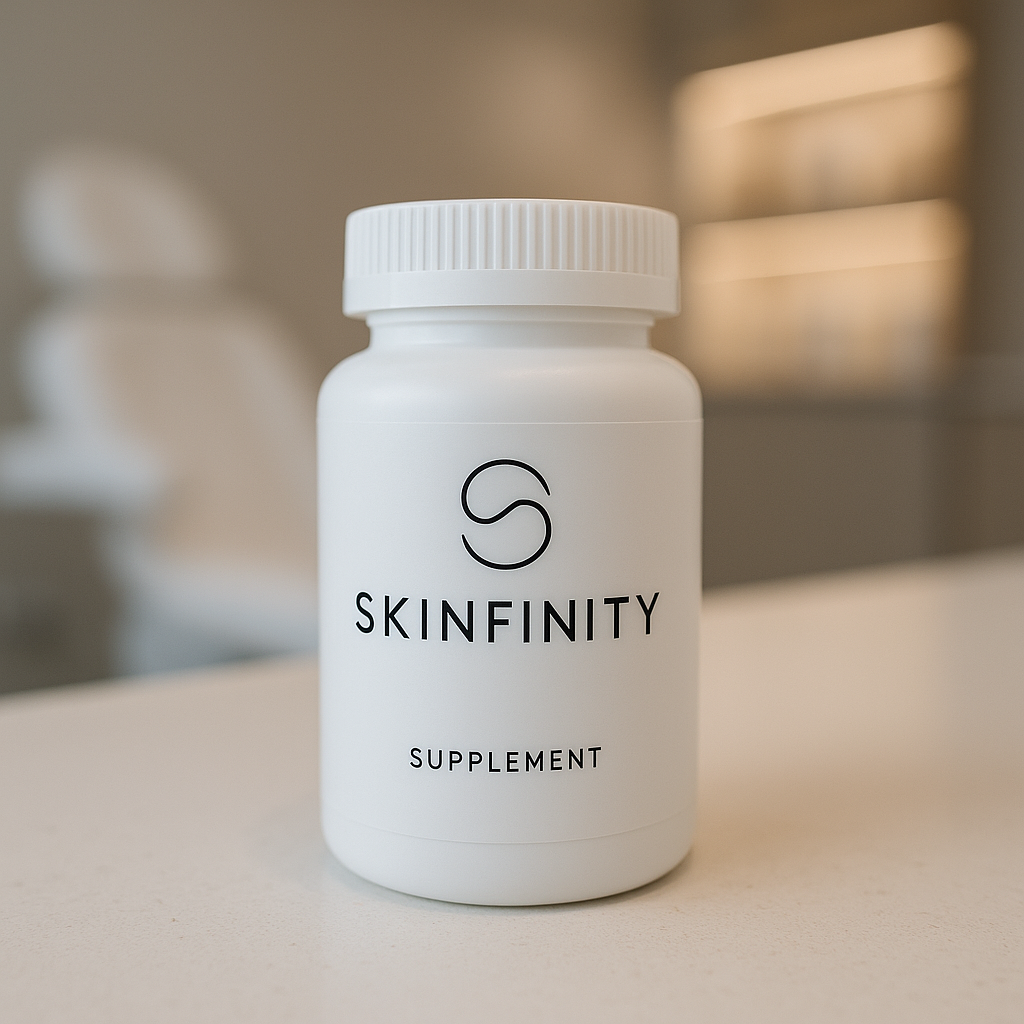
Recent clinical studies show that oral collagen peptides can modestly improve skin hydration and elasticity within 8 to 12 weeks. However, most experts agree that nutrition provides the foundation for healthy collagen levels.
A balanced diet rich in protein, vitamins, and minerals gives your body the raw materials it needs to make collagen naturally. In contrast, diets high in sugar and refined carbohydrates can damage collagen through a process called glycation, making the skin appear dull and less firm.
Diet and aesthetic treatments: the perfect partnership
Microneedling
Microneedling creates controlled micro-injuries that trigger fibroblast activity, stimulating type I and III collagen production. The results include smoother texture, smaller pores, and improved firmness.
Learn more about Microneedling in Leeds
JULÄINE (PLLA biostimulator)
JULÄINE is a next-generation collagen stimulator made from poly-L-lactic acid (PLLA). It works gradually over 6 to 12 weeks, helping to restore firmness and lift. Results typically last up to two years.
Discover the JULÄINE non-surgical face lift

Sunekos
Sunekos combines hyaluronic acid with amino acids to regenerate the extracellular matrix. It stimulates collagen and elastin, making it ideal for delicate areas such as the eyes, neck, and décolletage.
Find out more about Sunekos in Leeds
When nutrition supports the body internally and treatments stimulate new collagen externally, the combined effect is noticeably stronger, healthier skin.
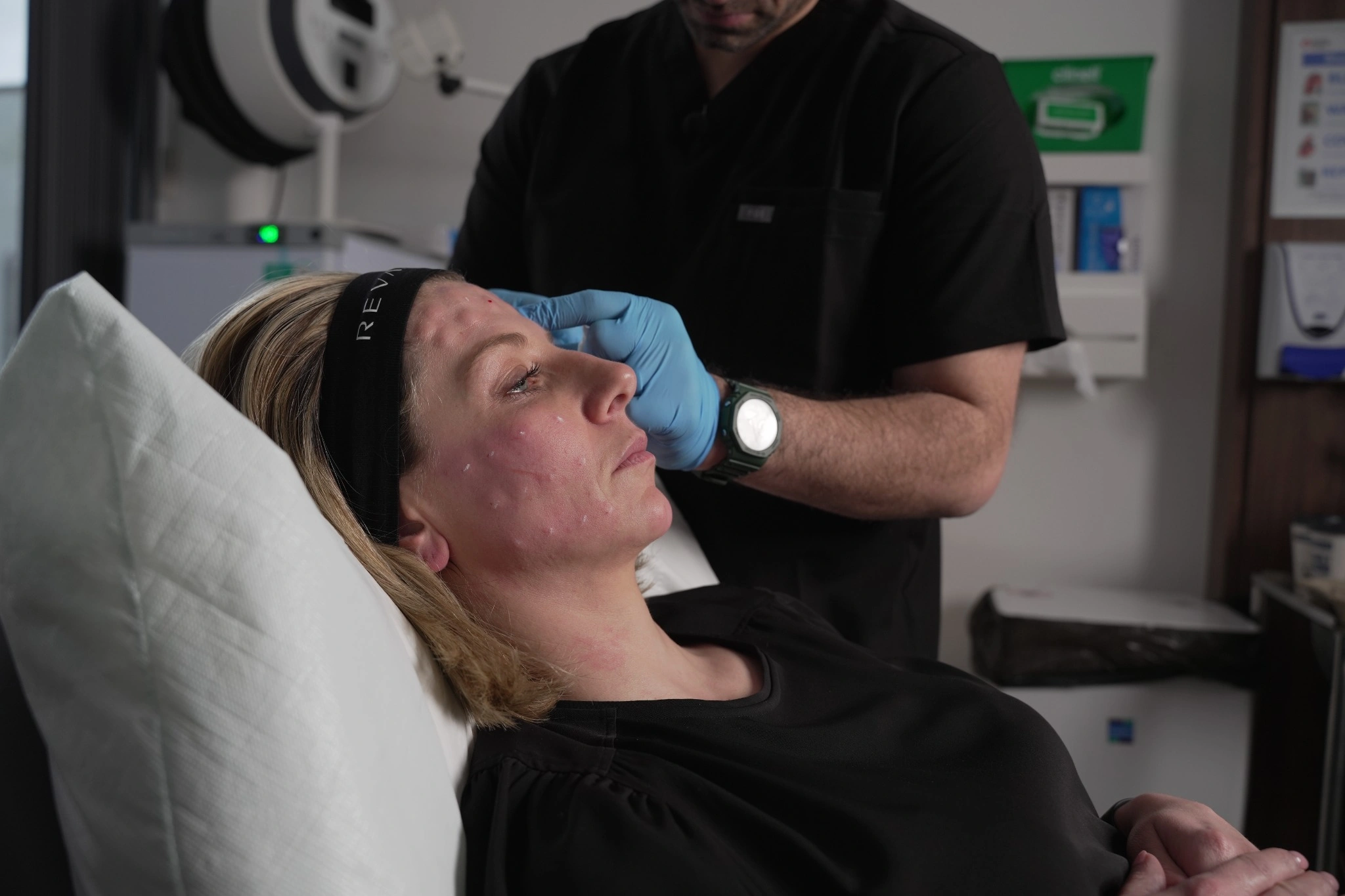
Beyond skin: benefits for hair, nails, and longevity
The same nutrients that build collagen also strengthen keratin, improving the quality of hair and nails. A protein-rich, antioxidant-heavy diet supports the body’s connective tissues and may even help preserve bone density as we age.
This is why we often recommend combining a collagen-supportive diet with doctor-led treatments, medical-grade skincare, and daily sun protection for the best long-term results.
Key takeaways
- Collagen levels naturally decline with age but can be supported through a nutrient-rich diet.
- Focus on foods containing protein, vitamin C, zinc, copper, and antioxidants.
- Minimise sugar and processed foods that damage collagen.
- Combine good nutrition with collagen-stimulating treatments for lasting results.
For a personalised plan to rebuild your skin’s collagen and improve overall skin health, book a consultation at Skinfinity Leeds. Our medical team can help you combine nutrition, skincare, and treatments for results that last.
FAQ'S
What food has the highest collagen in it?
Animal-based collagen boosting foods such as chicken, fish, and bone broth contain the highest levels of natural collagen. Chicken cartilage and fish skin are particularly rich in collagen peptides, while bone broth provides amino acids like glycine and proline that the body uses to form new collagen fibres.
How can I rebuild my collagen fast?
To rebuild collagen quickly, combine a diet high in protein, vitamin C, and zinc with collagen-stimulating treatments such as Microneedling, JULÄINE™, or Sunekos. These activate fibroblasts in the skin, increasing collagen synthesis and improving firmness. Avoid excess sugar and UV exposure, which accelerate collagen breakdown.
What are the best collagen boosting foods for skin?
The best collagen boosting foods include fish, chicken, egg whites, citrus fruits, berries, leafy greens, tomatoes, nuts, and garlic. These provide essential amino acids, vitamin C, and antioxidants that support collagen production and protect against sun-related damage. A balanced intake promotes firm, hydrated, and youthful-looking skin.
What drink is rich in collagen?
Bone broth is the most collagen-rich drink, providing hydrolysed collagen from simmered bones and connective tissue. Smoothies containing citrus fruits, berries, or leafy greens also support collagen synthesis through their vitamin C content. Staying hydrated enhances collagen structure and overall skin health.
How can I increase collagen naturally?
You can increase collagen naturally by eating foods rich in amino acids, vitamin C, and antioxidants while reducing sugar and processed foods. Regular exercise, hydration, and sleep support collagen renewal. Professional treatments like Microneedling and JULÄINE™ can amplify results by directly stimulating new collagen formation.
Do collagen supplements really work?
Clinical studies suggest that oral collagen peptides can modestly improve skin hydration and elasticity within 8–12 weeks. However, supplements work best when combined with a diet rich in collagen boosting foods and a healthy lifestyle that protects existing collagen from UV damage and stress.
Are collagen boosting foods better than supplements?
Yes, in most cases. Collagen boosting foods supply amino acids and micronutrients your body uses to produce collagen naturally, without the processing or additives found in some supplements. Whole foods also provide antioxidants that protect collagen from degradation, supporting longer-lasting results.
What causes collagen loss in the skin?
Collagen loss occurs due to ageing, sun exposure, smoking, stress, and poor nutrition. Ultraviolet light breaks down collagen fibres, while high-sugar diets promote glycation, making collagen stiff and weak. Protecting your skin with SPF, balanced nutrition, and professional treatments helps slow this process.
Can a collagen boosting diet improve hair and nails?
Yes. A diet rich in collagen boosting foods supports keratin production, improving the strength and appearance of hair and nails. Nutrients such as zinc, vitamin C, and amino acids nourish both the scalp and nail beds, contributing to stronger, healthier growth over time.
How long does it take to see results from collagen boosting foods?
Most people notice visible improvements in skin texture and hydration within 8–12 weeks of consistent nutrition. When combined with doctor-led treatments like Sunekos or Microneedling, results may appear sooner as collagen synthesis accelerates both internally and externally.


